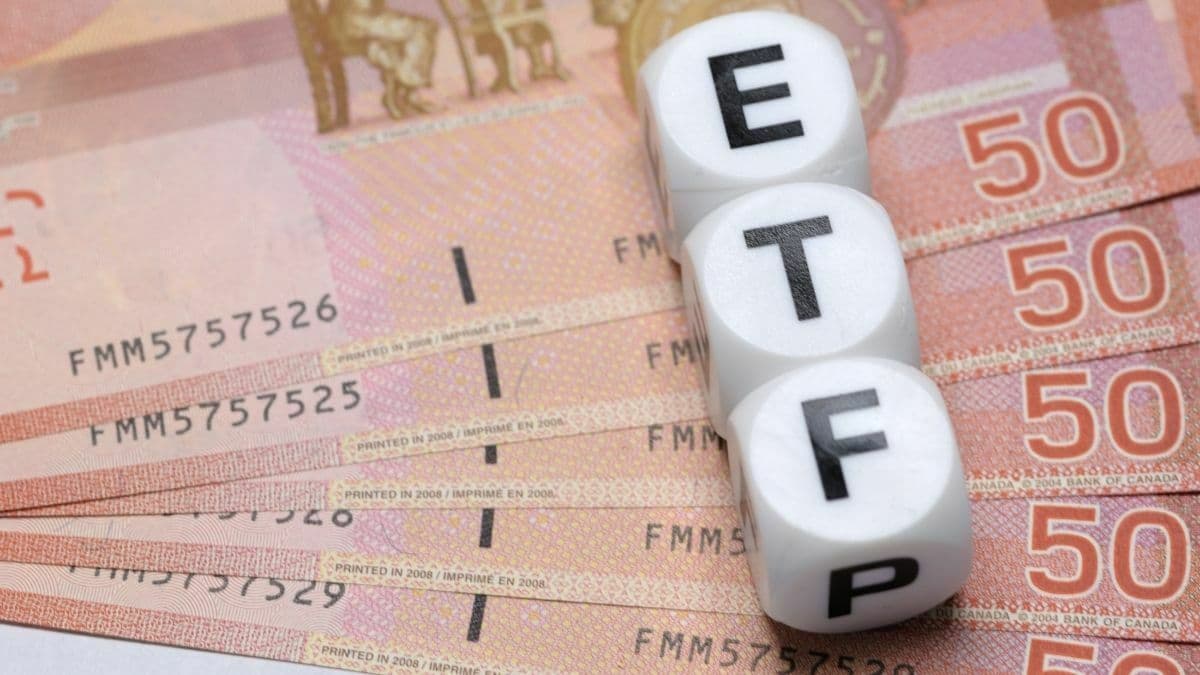An ETF is a collection of securities that can be bought or sold on the stock market through a brokerage firm. Every possible asset class, from traditional investments like stocks and bonds to so-called alternative assets like commodities and currencies, has an ETF available. Investors can short markets, leverage and avoid capital gains taxes by using innovative ETF structures.
ETFs Types
1. Market ETFs.
Market ETFs are ETFs that track specific indices, such as the S&P 500 or the NASDAQ.
2. Bond exchange-traded funds (ETFs)
These Types of ETFs provide exposure to virtually every type of bond available. It includes corporate, international, high-yield, US Treasury, municipal and a variety of other types of bonds.
3. Industry and sector ETFs:
Oil, pharmaceuticals, and high tech are few examples of the types of 3. Industry and sector exchange-traded funds (ETFs).
4. Commodity ETFs
Commodity ETFs tracks the price of commodities like gold, oil etc.
5. Exchange-traded notes (ETNs) :
Debt securities backed by the credit ratings of the issuing bank, which were formed to provide access to illiquid markets; they have the added benefit of generating virtually no short-term capital gains taxes.
6. Style ETFs:
These ETFs track a specific investment style or market capitalization focus. Examples of style ETFs are Small-cap growth or large-cap value
7. Foreign market ETFs
Markets outside the United States, such as Japan’s Nikkei Index or Hong Kong’s Hang Seng Index, can be tracked by foreign ETFs.
8. Inverse ETFs
ETFs that seek to profit from a tumble in the underlying market or index are known as inverse ETFs.
9. Actively managed ETFs
Unlike most ETFs, which are designed to track an index, actively managed ETFs aim to outperform an index.
10. Alternative investment ETFs:
Investing in something other than stocks An ETF allows investors to trade volatility or gain exposure to a specific investment strategy, like currency carry or covered call writing, for the benefit of their portfolios.
Investing in ETFs: A Quick Guide
When the stock market is open, an ETF can be purchased and sold just like a company stock. ETFs also have ticker like stocks and we can obtain its intraday price in a trading day.
A company stock has a fixed number of shares, but an ETF has a variable number of shares because of the creation and repurchase of new shares every day. With the ability to issue and redeem shares on a continual basis, ETFs maintain a market price that matches their underlying securities.
Institutional investors play an important role in managing the ETF’s liquidity and tracking integrity by purchasing and selling creation units. They are large blocks of ETF shares that can be exchanged for underlying stock baskets. Institutions use the arbitrage mechanism provided by creation units to bring the ETF price back in line with the underlying asset value when the ETF price deviates from the asset value.
Pros of Exchange traded funds
- ETFs are easy to trade and we can sell and buy them any time in a day. Unlike any of mutual funds.
- Many ETFs are based on indexes, which necessitate daily disclosure of their holdings.
- ETFs are tax efficient because they distribute capital gains at a lower rate than frequently managed mutual funds do.
- A wide range of order types (e.g., limit orders or stop-loss orders) are available to investors because we trade them like stocks. Where in the mutual fund did not support these these order types.
Disadvantages of Exchange traded funds
There are, however, some drawbacks to using ETFs, such as:
- ETFs can be purchased on margin and sold short.
- Lack of liquidity: If you buy a thinly traded ETF with a wide bid/ask spread, you risk paying a higher price for the spread than if you sold it at a lower price.
- A tracking error can occur when an ETF does not accurately reflect the performance of the underlying index.
- Because ETF sales are not settled for two days after the transaction, the money you receive from an ETF sale cannot be reinvested until that time has passed.
Bottom Line
The creation of ETFs(Exchange Traded Funds) for retail investors has been one of the most valuable and essential developments in recent years. ETFs are very profitable and important funds. It can be an effective platform for investors to achieve their investment objectives if we will use it properly.
ETFs funds are trending nowadays and may be good investments. We should invest with research and analysis.
Good Luck for future investing and thank you.
Also Read:
11 Ways To Keep The Trading Stress Away


